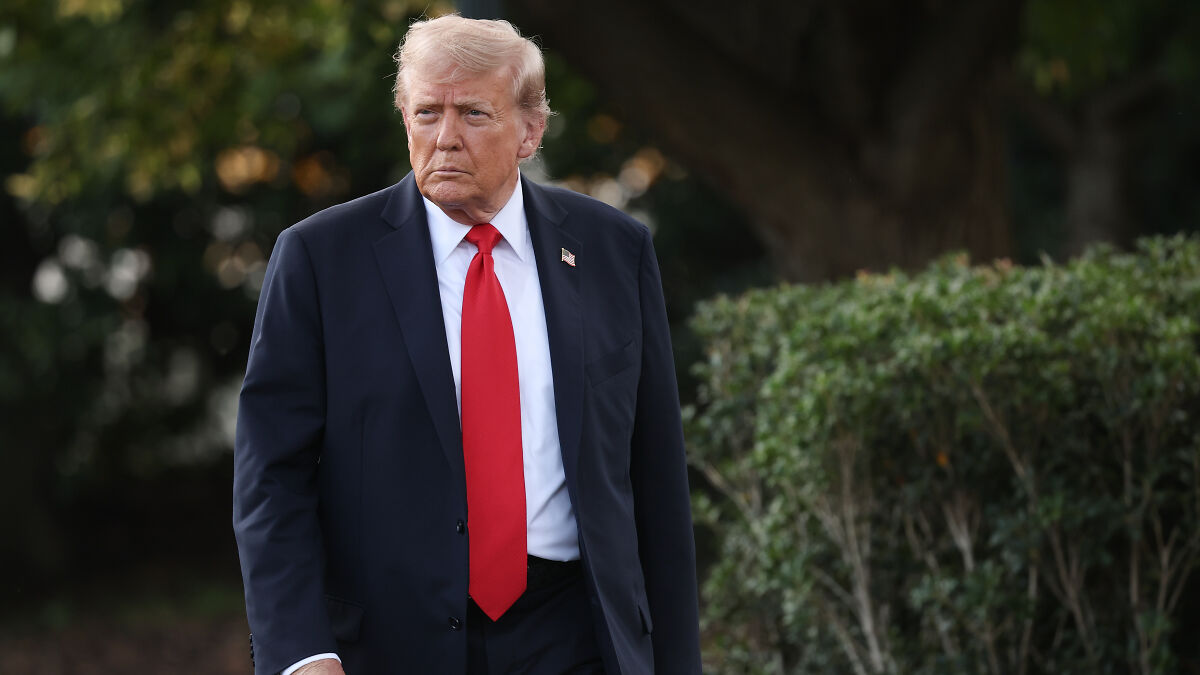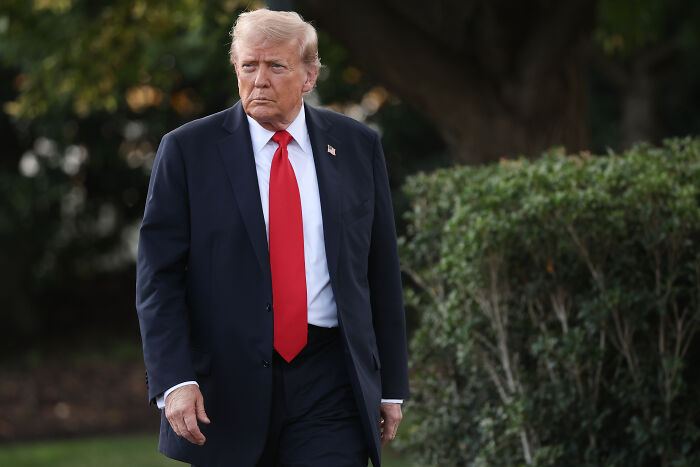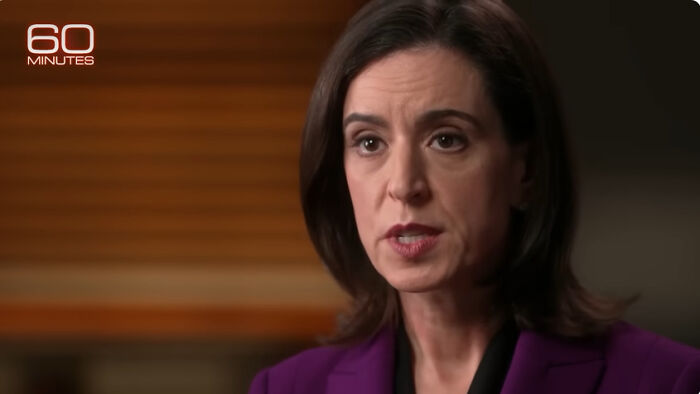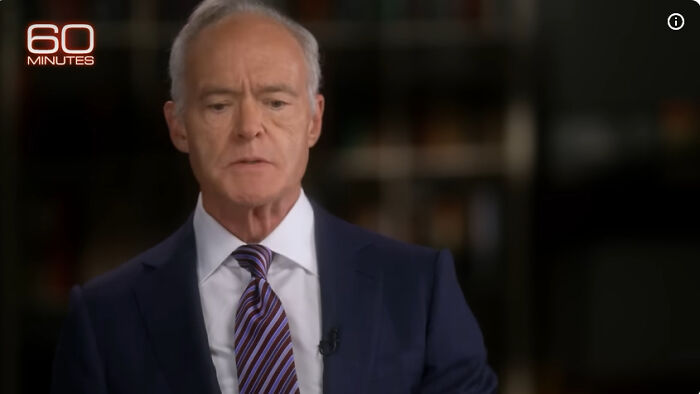CBS News’ 60 Minutes seems to be struggling to secure on-camera guests, as many fear retribution from Donald Trump.
In its latest episode, the program focused on Trump pardoning Changpeng Zhao, the multi-billionaire founder of crypto exchange company Binance.
Zhao pleaded guilty to enabling money laundering in 2023 and was sentenced to four months’ imprisonment in April 2024.
- CBS News’ ‘60 Minutes’ struggles to secure on-camera guests due to fears of retribution from Donald Trump over the Zhao pardon story.
- Trump pardoned Changpeng Zhao, the Binance founder convicted of money laundering and linked to a $4.3 billion DOJ settlement in 2024.
- Binance has been connected to a Trump-family crypto venture, facilitating a $2 billion stablecoin purchase after Zhao resigned as CEO.
- Elizabeth Oyer, former Justice Dept. pardons head, called the Zhao pardon corruption and warned it threatens U.S. democracy.
‘60 Minutes’ is struggling to get sources to go on camera
Image credits: Win McNamee/Getty Images
Binance also pleaded guilty and agreed to a $4.3 billion settlement with the Department of Justice, with Zhao stepping down as CEO.
Since then, Binance has been connected to a Trump-family crypto venture, World Liberty Financial, and it helped facilitate a $2 billion purchase of the company’s stablecoin.
Trump pardoned Zhao in October and has since faced corruption allegations, which were further fueled when he told 60 Minutes earlier this month that he did not know who Zhao was.
“The government at the time said that CZ had caused ‘significant harm to U.S. national security,’ essentially by allowing terrorist groups like Hamas to move millions of dollars around,” Norah O’Donnell said to the president during a sit-down at his Mar-a-Lago estate.
Image credits: Stephen McCarthy/Sportsfile for Web Summit via Getty Images
“Why did you pardon him?”
Trump replied, “Okay, are you ready? I don’t know who he is.”
“I know he got a four-month sentence or something like that, and I heard it was a Biden witch hunt,” he added.
In the latest episode of 60 Minutes, journalist Scott Pelley said that while many people had spoken to them about the Zhao pardon, they refused to appear on camera.
“We have talked to dozens of people who are involved in all aspects of this,” Pelley said.
“And they have informed our reporting but have declined to sit down for an interview on 60 Minutes for fear of retribution.”
One person who did agree to appear on the program was Elizabeth Oyer, the former head of pardons at the Justice Department.
In response to Pelley’s comment, she said, “I am very worried, Scott, about the future of our country. This president appears to be selling off pieces of our democracy.
“And the presidential pardon power is a solemn instrument of the presidency that the founders of our country entrusted to the president with the idea that he would use it for the public good.”
She also told Pelley that the pardon was “absolutely not justice” and it was “corruption.”
The latest episode focused on Trump pardoning Zhao
Image credits: 60 Minutes
In response to Oyer’s comments, White House spokeswoman Abigail Jackson told the Daily Beast, “Liz Oyer’s statement demonstrates a fundamental misunderstanding of how the pardon process works—including the fact that the President of the United States makes the decision on whether to grant a pardon request.
“Perhaps she was the one making pardon decisions under the Autopen President, but under the Trump Administration, President Trump is the one who makes the decisions.”
It comes as Bari Weiss was appointed editor-in-chief of CBS News in October, following Paramount’s acquisition of her media company, The Free Press.
Weiss made her name earlier as a columnist and opinion editor, working at The Wall Street Journal before joining The New York Times in 2017.
Image credits: 60 Minutes
While she has described her own views as centrist or classically liberal, many commentators characterize her as right‑leaning, noting her frequent criticism of “woke” culture, cancel culture, and progressive identity politics.
She resigned from The New York Times in July 2020, publishing a public resignation letter in which she said she had been subjected to “constant bullying” from colleagues who disagreed with her views.
In that letter, she accused the paper of silencing dissent and yielding to the demands of critics on social media.
She then went on to found The Free Press, which originally launched as a Substack called Common Sense.
Poll Question
Thanks! Check out the results:
Anyone surprised to see people afraid of disagreeing in public with an authoritarian dictator?
Anyone surprised to see people afraid of disagreeing in public with an authoritarian dictator?










16
2